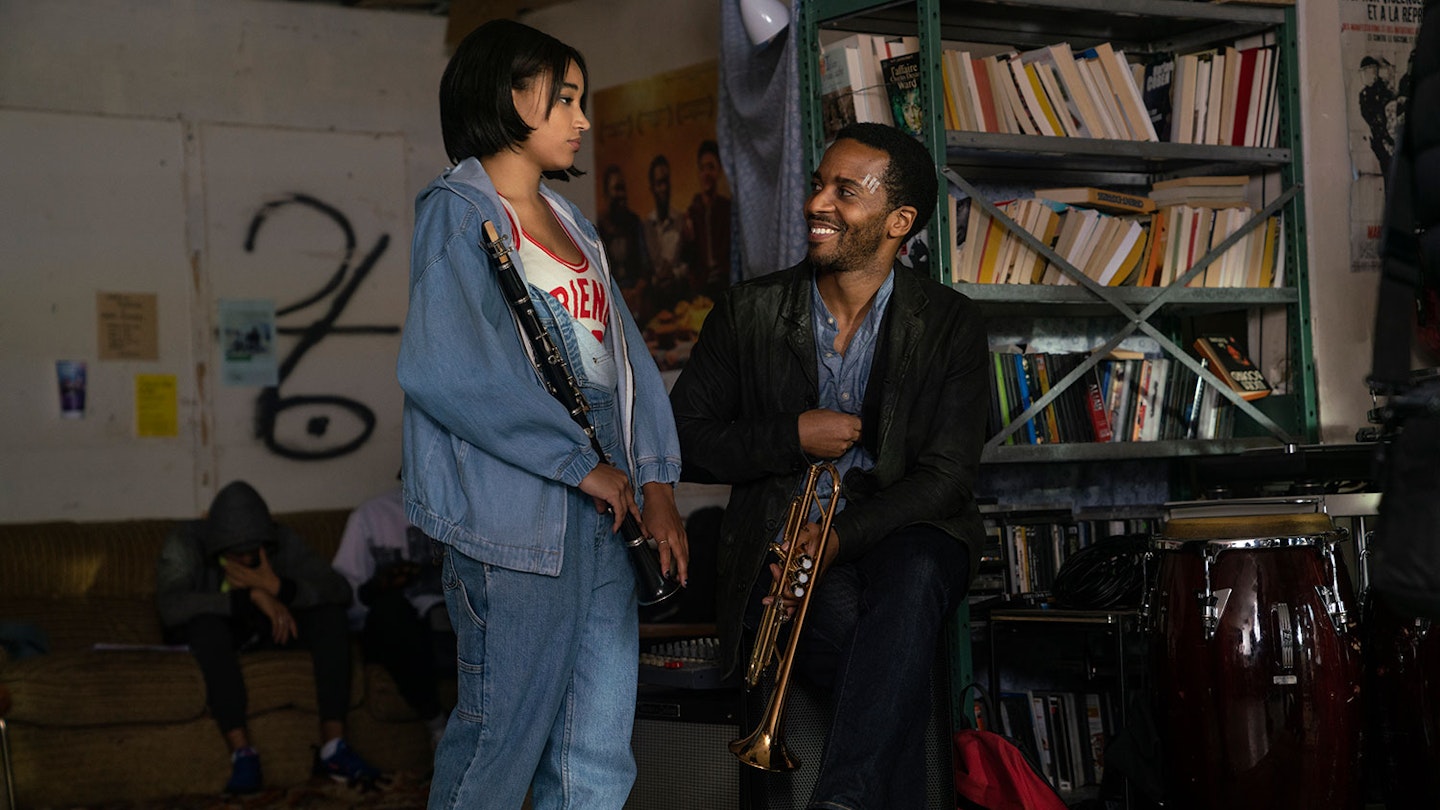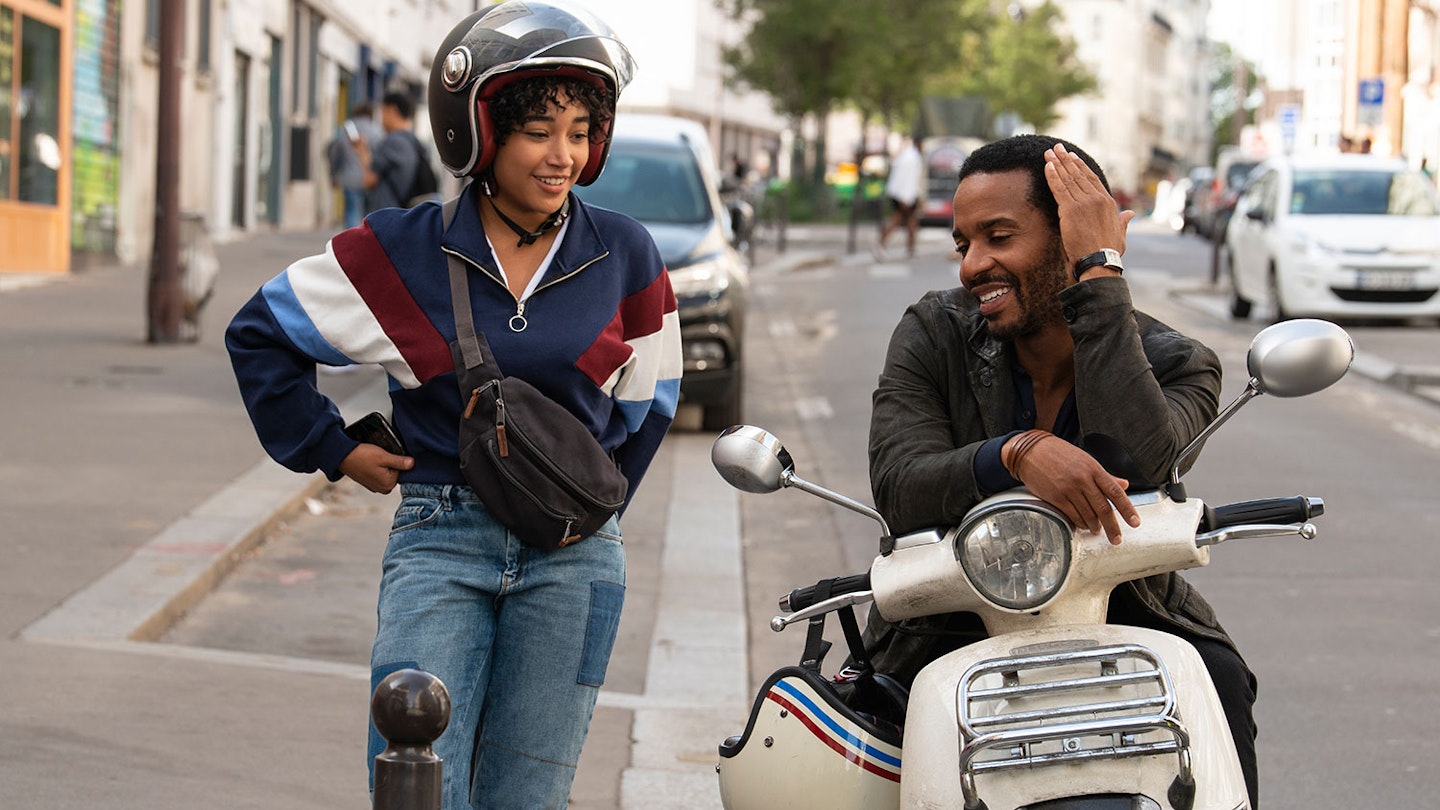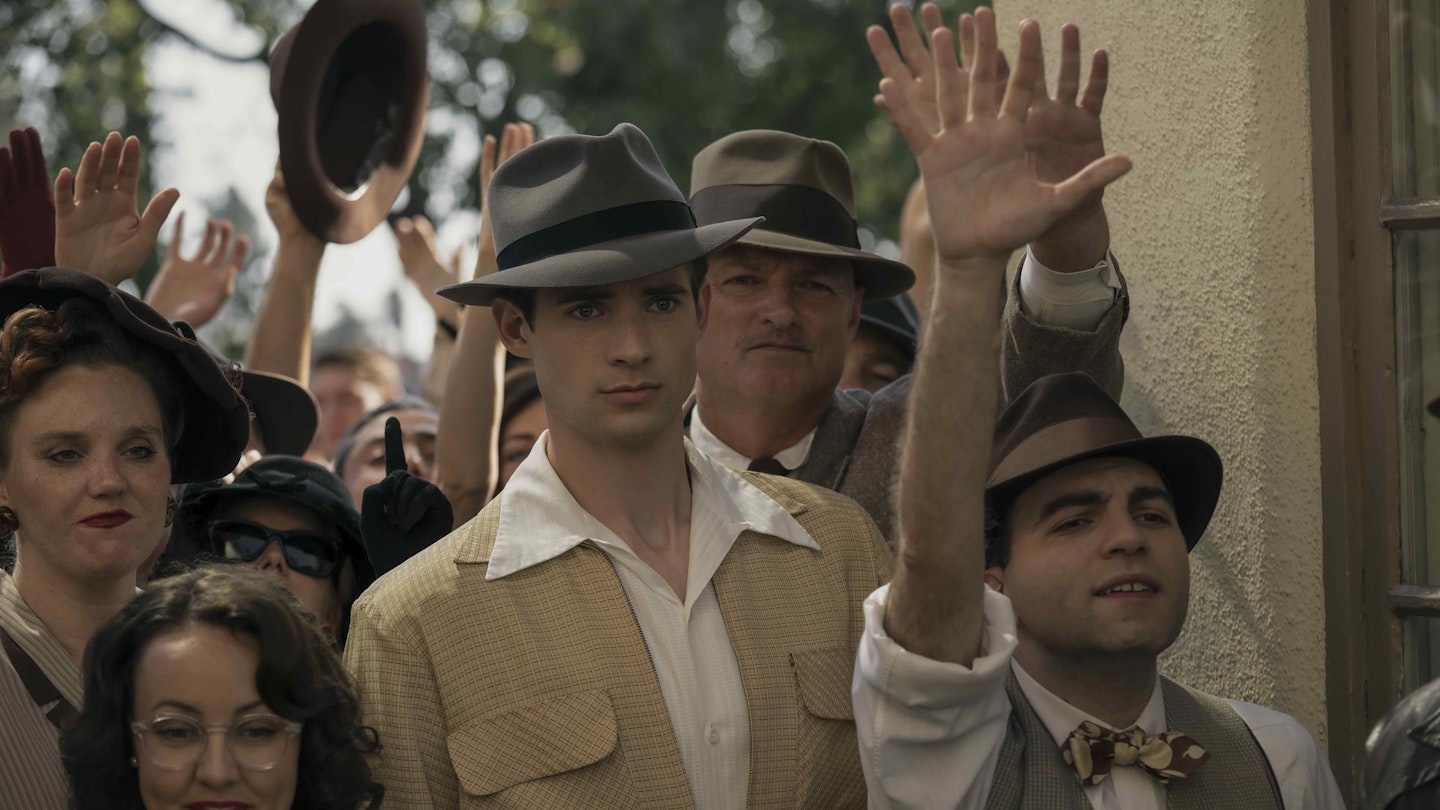Jazz is “conflict, and it’s compromise, and it’s very, very exciting,” declares Ryan Gosling in Damien Chazelle’s La La Land. There’s plenty of conflict and compromise in The Eddy (which sees Chazelle as executive producer and lead director), but excitement takes a different form; this is less ‘Another Day Of Sun’, more ‘Another Night Of Misery’. Where the Oscar-winning musical was flush with romance, this Paris-set miniseries takes a distinctly unromantic view of the City Of Love, finding a group of people broken in various ways and trying in vain to piece themselves together — chief among them, struggling jazz-club owner Elliot (André Holland).

Chazelle directs the first two episodes, and establishes a loose, handheld vérité camera style, scurrying around Paris like a Nouvelle Vague auteur. But there are none of the slick, tightly edited representations of jazz found in La La Land or Whiplash, nor their fizzing pace or compelling urgency, and the tone is curiously sad and sullen. Each episode — all written or co-written by Jack Thorne, of Skins and Shameless fame — centres on a different character with some connection to The Eddy’s house band, and each one, it’s fair to say, is dealing with some heavy shit. Fans of deep sighs and long stares will have a field day here. Such relentless melodrama becomes quickly repetitive; when one character complains, during a particularly testy band rehearsal, that “Nobody’s having fun! Music’s supposed to be fun!”, we the audience sympathise. It takes until episode three — perversely, one centred around a funeral — for anyone to even crack a smile; after half an hour of morose funeral rites, it’s the joyous conflagration of impromptu music and dance that offers much-needed catharsis.
If the criminal subplot feels rehashed and unfocused, it’s music that gives the show a vital anchor. It’s a constant presence, from the appealingly two-bit dive bar of the title, to the cramped apartments and street corners of Paris. These people, the show repeatedly implies, don’t have the emotional vocabulary to process their pain. Music is the only language they know. It frequently provides the most powerful moments of the series — in particular, the moving final episode, which overlays the band recording an album individually, part-by-part, as Elliot’s troubles come to a head.
Credit must go to the hugely impressive and significantly multicultural cast, most of whom manage to be double-threats at the very least, making dual performing look easy. Holland is a standout: where he was such a soothing, warm presence in Moonlight, here he’s stressful and frustrating, a restless knot of understated anxiety and strain. As a counterpoint, Joanna Kulig offers a kind of spiritual sequel to her character in 2018’s Cold War, another tormented jazz singer in a Parisian nightclub, with the deep, soulful sadness of a 1940s Hollywood heartbreaker. And Amandla Stenberg is particularly impressive as Elliot’s volatile 16-year-old daughter, a slightly terrifying cloud of fidgety rebellion and adolescent insecurity. Her character has the most absorbing arc, as she grapples with an untethered identity. If only The Eddy had grappled with its own a little more.

